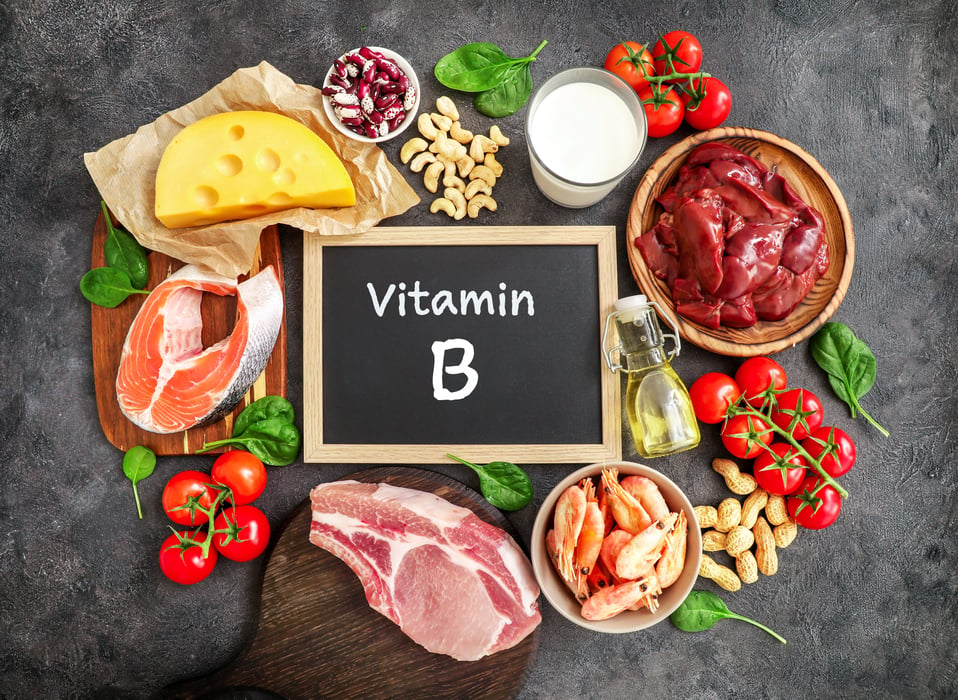Introduction:
When it comes to our overall well-being, we often focus on physical health while overlooking the vital connection between nutrition and mental health. The food we consume plays a significant role in our brain function and emotional well-being. A balanced diet consisting of nutrient-rich foods can support mental health, enhance mood, and reduce the risk of mental health disorders. In this blog post, we will explore the crucial role of nutrition in promoting mental well-being and discuss some foods that can positively impact our mental health.
1. Omega-3 Fatty Acids:
Omega-3 fatty acids, particularly EPA (eicosapentaenoic acid) and DHA (docosahexaenoic acid), are essential for brain health. They help reduce inflammation and promote the production of neurotransmitters that regulate mood, such as serotonin and dopamine. Include fatty fish like salmon, mackerel, and sardines, as well as chia seeds, flaxseeds, and walnuts, in your diet to boost your omega-3 intake.
2. Complex Carbohydrates:
Complex carbohydrates are essential for steady energy levels and the production of serotonin, a neurotransmitter associated with mood regulation. Opt for whole grains like brown rice, quinoa, oats, and whole wheat bread, which provide a slow release of energy and promote stable blood sugar levels. These foods can help prevent fluctuations in mood and energy levels.
3. Antioxidant-Rich Foods:
Antioxidants help protect the brain from oxidative stress and inflammation, which can contribute to mental health disorders. Colorful fruits and vegetables such as berries, leafy greens, oranges, and bell peppers are excellent sources of antioxidants. Additionally, consume foods rich in vitamin C, vitamin E, and selenium, as they also have antioxidant properties.
4. Probiotic-Rich Foods:
The gut-brain connection is a crucial aspect of mental health, and maintaining a healthy gut microbiome can positively influence mood and mental well-being. Probiotic-rich foods like yogurt, kefir, sauerkraut, and kimchi help support a diverse and balanced gut microbiota. This, in turn, can impact the production of neurotransmitters and reduce symptoms of anxiety and depression.
5. Foods Rich in B Vitamins:
B vitamins, including folate, B12, and B6, play a significant role in brain function and mental health. They are involved in the production of neurotransmitters and the regulation of homocysteine levels, which, when elevated, are linked to an increased risk of depression. Incorporate foods such as leafy greens, legumes, eggs, poultry, and fortified cereals to ensure an adequate intake of B vitamins.
6. Dark Chocolate:
Indulging in a small amount of dark chocolate (70% cocoa or higher) can provide several mental health benefits. Dark chocolate contains flavonoids, which have antioxidant and anti-inflammatory properties. It also stimulates the release of endorphins, promoting a positive mood. Enjoy a piece of dark chocolate as an occasional treat to satisfy your sweet tooth while boosting your mental well-being.
Conclusion:
The impact of nutrition on mental health should not be underestimated. A balanced diet rich in omega-3 fatty acids, complex carbohydrates, antioxidants, probiotics, B vitamins, and the occasional dark chocolate treat can contribute to a healthier mind and improved mood. Remember that nutrition is just one aspect of mental health, and it works in conjunction with other lifestyle factors. By adopting a holistic approach to well-being, including nutritious eating habits, regular exercise, and seeking professional support when needed, we can nurture our mental health and thrive in all aspects of life.



No comments:
Post a Comment
Thank u very much for your valueable comment.